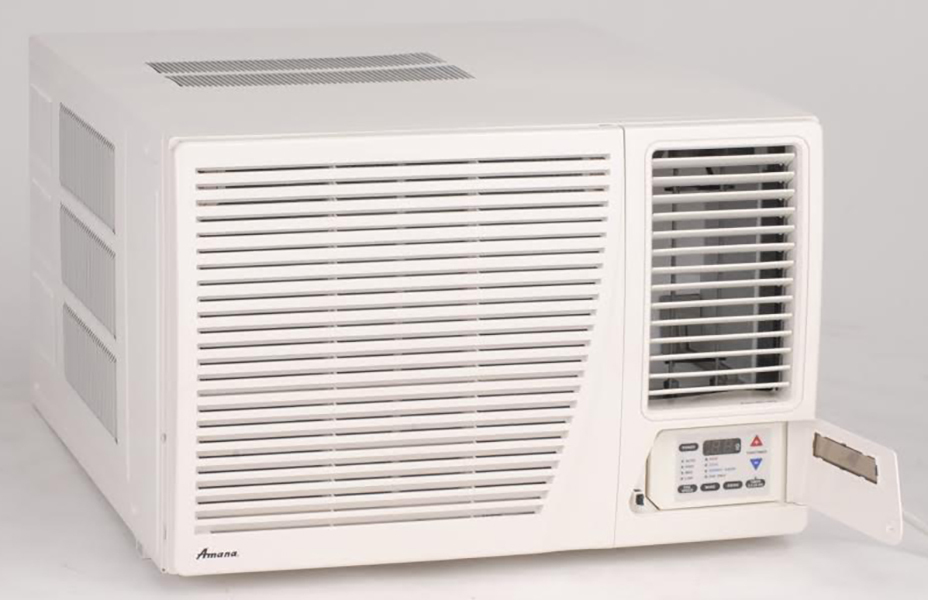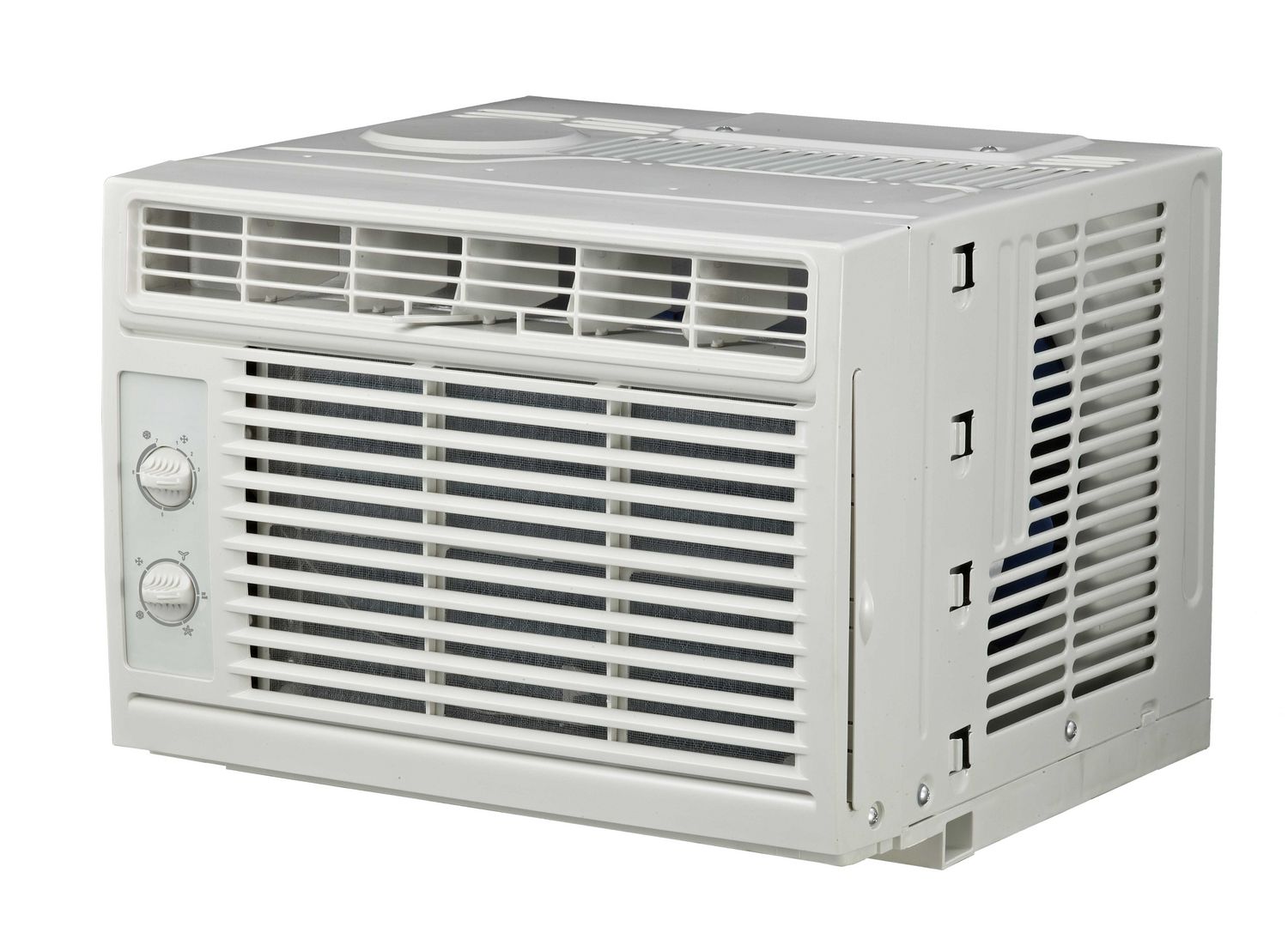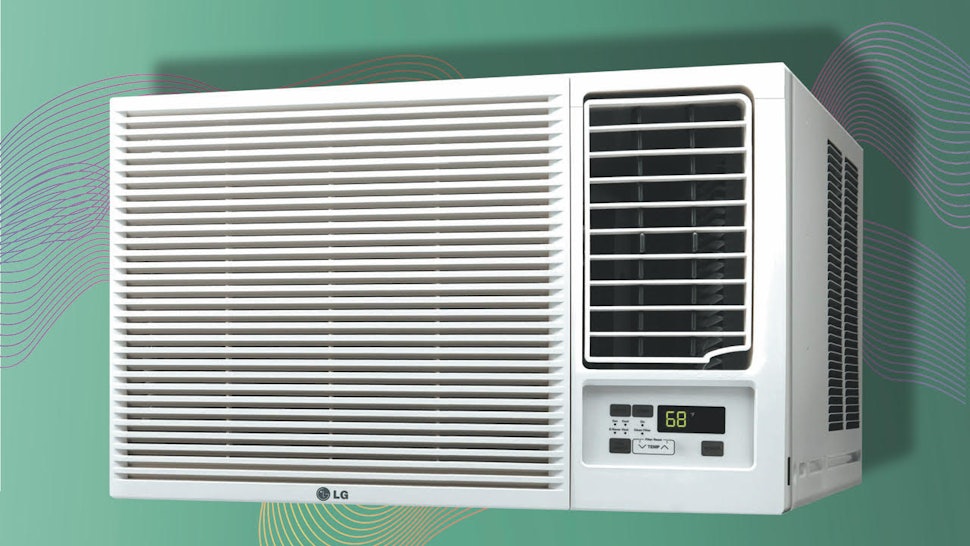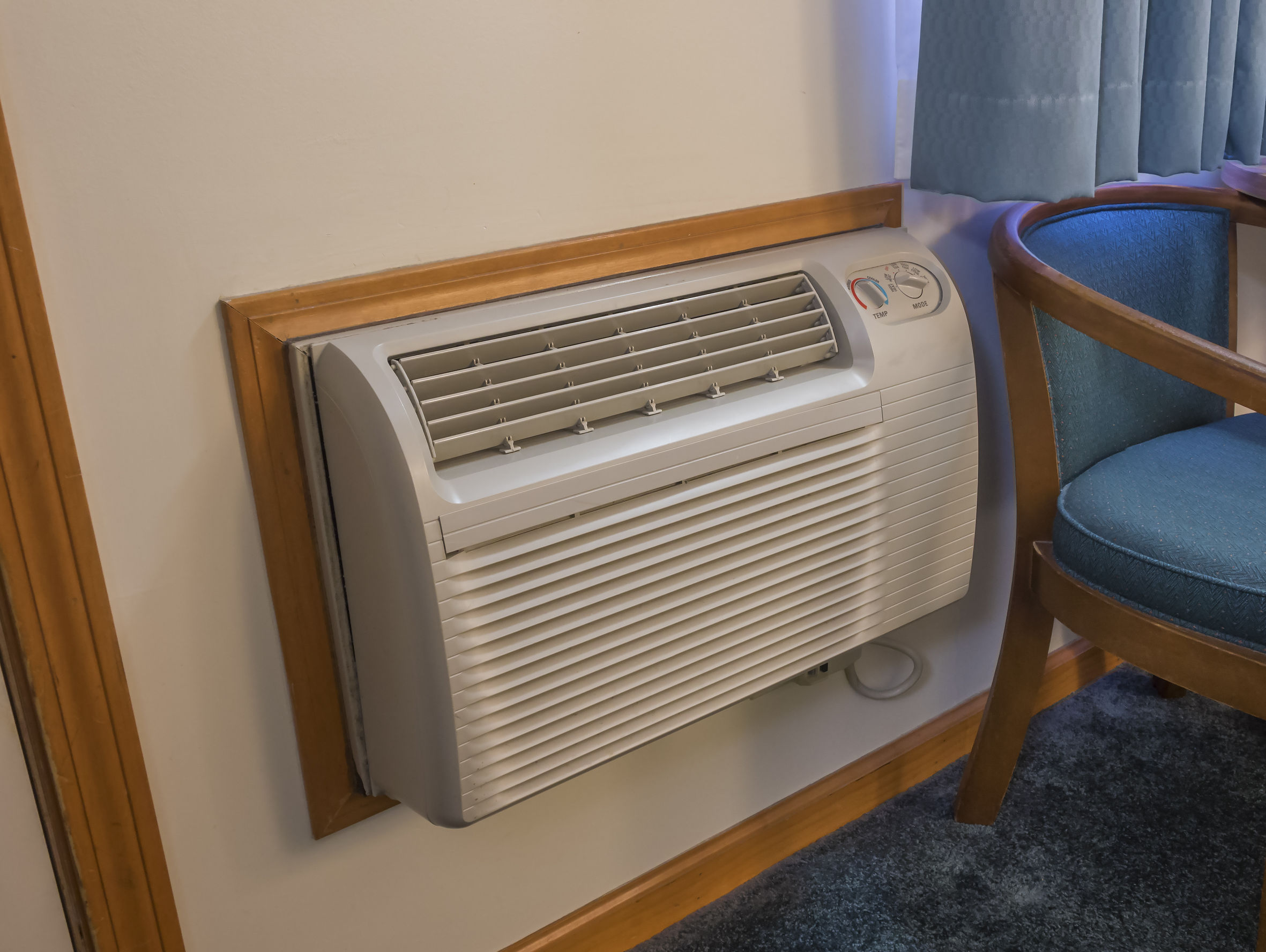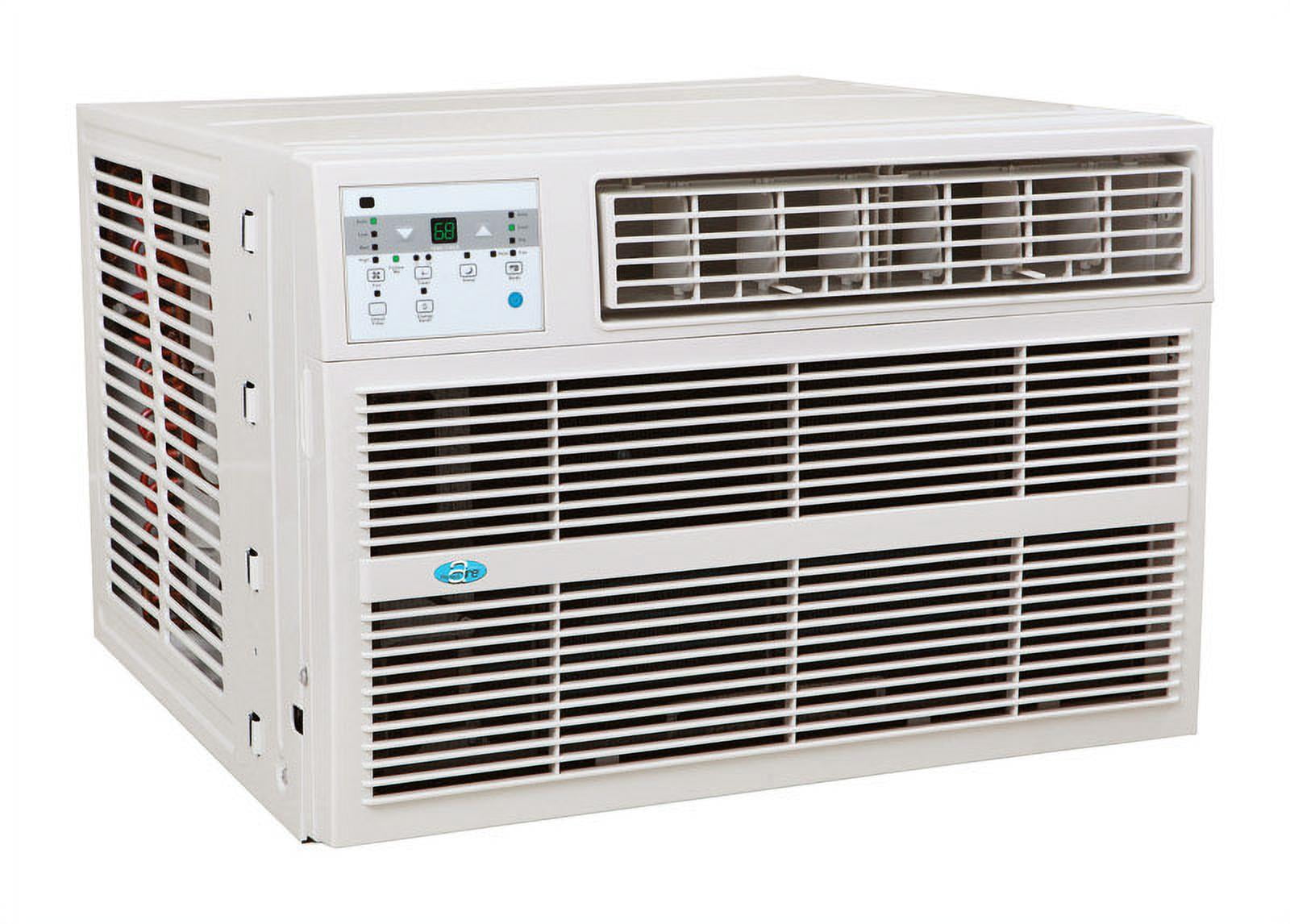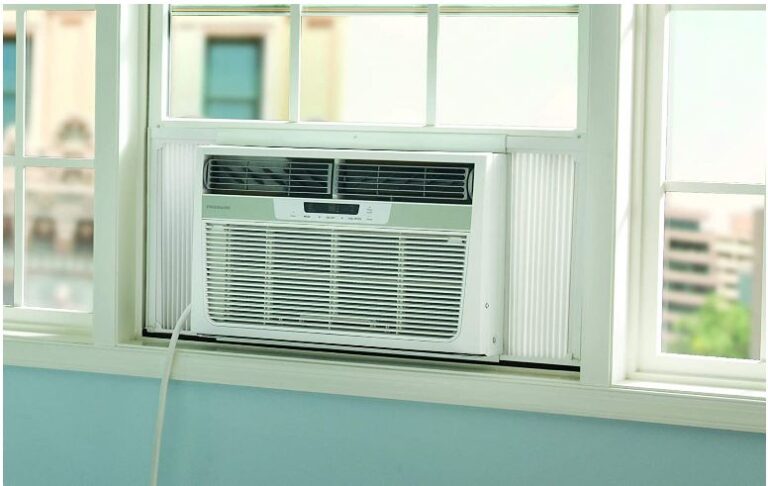Heater Air Conditioner Combo Window Unit

Heater Air Conditioner Combo Window Units: A Career-Focused Overview for HVAC Professionals
For HVAC professionals, staying ahead of industry trends and understanding the nuances of various heating and cooling systems is crucial for career advancement. While central HVAC systems dominate many homes and businesses, the versatility and affordability of heater air conditioner combo window units make them a significant segment of the market. This article provides a detailed look at these units, exploring their functionality, market presence, installation, maintenance, and the associated career opportunities within the HVAC field.
Understanding Heater Air Conditioner Combo Window Units
Heater air conditioner combo window units are self-contained systems designed to provide both cooling and heating within a single unit. These units are typically installed in windows or through-the-wall openings, offering a convenient and cost-effective solution for individual rooms or smaller spaces. They incorporate both a refrigeration cycle for cooling and an electric resistance heating element for heating. Key components include:
- Compressor: Circulates refrigerant for cooling.
- Evaporator Coil: Absorbs heat from the room during cooling.
- Condenser Coil: Releases heat outside the room during cooling.
- Refrigerant: Transfers heat between the evaporator and condenser coils.
- Electric Resistance Heating Element: Generates heat when electricity passes through it.
- Thermostat: Controls the temperature and mode of operation (heating, cooling, or fan only).
- Fan: Circulates air over the coils and into the room.
While these units are less efficient than central HVAC systems, they offer advantages in terms of upfront cost, ease of installation, and targeted climate control for specific areas. Their simplicity also makes them a useful learning tool for HVAC students.
Market Presence and Trends
The global window air conditioner market, which includes heater-air conditioner combo units, is projected to reach approximately $15 billion by 2027, according to various market research reports. This growth is driven by several factors, including:
- Increasing urbanization and rising disposable incomes in developing countries.
- Growing demand for energy-efficient and smart home appliances.
- Replacement of older units with newer, more advanced models.
- The continued popularity of window units as a supplemental or primary cooling/heating solution in smaller spaces.
Manufacturers are increasingly incorporating features like smart thermostats, Wi-Fi connectivity, and improved energy efficiency into their window units. This trend requires HVAC technicians to stay updated on the latest technologies and diagnostic procedures.
Installation and Maintenance: Opportunities for HVAC Professionals
Installing and maintaining heater air conditioner combo window units provides numerous opportunities for HVAC professionals, particularly for entry-level technicians and those specializing in residential HVAC services.
Installation
Proper installation is critical for ensuring optimal performance and energy efficiency. Key steps include:
- Selecting the appropriate unit size for the room.
- Ensuring a secure and level mounting.
- Properly sealing the unit to prevent air leaks.
- Connecting the unit to a dedicated electrical circuit.
Maintenance
Regular maintenance can extend the lifespan of these units and prevent costly repairs. Common maintenance tasks include:
- Cleaning or replacing air filters.
- Cleaning the coils to remove dust and debris.
- Inspecting and cleaning the condensate drain.
- Checking electrical connections.
- Testing the thermostat and heating/cooling functions.
Troubleshooting common issues like insufficient cooling, heating problems, leaks, and unusual noises are also essential maintenance skills. Gaining proficiency in these areas can lead to specialized service calls and increased earning potential.
Certifications and Training
While formal certification isn't always mandatory for working on window units, holding industry-recognized certifications can significantly enhance your career prospects and demonstrate your expertise. Key certifications include:
- EPA Section 608 Certification: Required for handling refrigerants, essential for any HVAC technician working with cooling systems.
- NATE (North American Technician Excellence) Certification: While NATE doesn't have a specific certification for window units, achieving certification in related areas like residential HVAC can demonstrate your overall knowledge and skills.
- HVAC Excellence Certifications: Offers a range of certifications covering various aspects of HVAC, including residential systems.
- Manufacturer-Specific Training: Many manufacturers offer training programs on their specific products, providing valuable knowledge and hands-on experience.
Furthermore, completing an apprenticeship or vocational training program can provide a solid foundation in HVAC fundamentals and prepare you for a successful career. Continuing education courses are crucial for staying updated on new technologies and best practices.
Career Paths and Salary Expectations
Working with heater air conditioner combo window units can serve as a stepping stone to various career paths within the HVAC industry. Some potential career paths include:
- HVAC Technician: Install, maintain, and repair a wide range of HVAC systems, including window units, central air conditioners, and furnaces.
- HVAC Installer: Specialize in installing new HVAC systems, often working on residential or commercial projects.
- HVAC Service Technician: Focus on troubleshooting and repairing existing HVAC systems, responding to service calls and performing preventative maintenance.
- HVAC Sales Representative: Sell HVAC equipment and services to residential or commercial customers.
- HVAC Project Manager: Oversee the installation and maintenance of HVAC systems on larger projects, coordinating with other trades and ensuring projects are completed on time and within budget.
Salary expectations for HVAC professionals vary depending on experience, location, and certifications. According to the U.S. Bureau of Labor Statistics, the median annual wage for HVAC mechanics and installers was $51,390 in May 2021. The job outlook for HVAC mechanics and installers is projected to grow 5 percent from 2021 to 2031, about as fast as the average for all occupations. However, experienced technicians with specialized skills and certifications can earn significantly more. Entry-level technicians working primarily with window units might start at a lower wage, but they can quickly advance their earnings by gaining experience and pursuing further training.
For example, a technician specializing in servicing smart HVAC systems, including advanced window units with smart thermostats and energy management features, might command a higher salary due to their specialized skillset.
Real-World Examples
Consider the career path of Maria, an HVAC apprentice who started by focusing on installing and maintaining window units in apartment complexes. By gaining experience and completing her EPA 608 certification, she was able to transition to servicing residential central air conditioning systems. She then pursued NATE certification, which opened doors to more complex commercial HVAC projects. Maria now works as a lead technician for a large HVAC company, earning a comfortable salary and enjoying a fulfilling career.
Another example is David, a seasoned HVAC technician who recognized the growing demand for energy-efficient window units with smart features. He attended manufacturer-specific training programs to learn about the latest technologies and diagnostic procedures. David now specializes in servicing these advanced units, attracting a loyal customer base and earning a premium for his expertise.
Conclusion
Heater air conditioner combo window units represent a significant segment of the HVAC market, offering numerous opportunities for HVAC professionals. By understanding the functionality, installation, and maintenance of these units, and by pursuing relevant certifications and training, technicians can enhance their career prospects and increase their earning potential. As technology continues to evolve, staying updated on the latest advancements in window unit design and features will be crucial for success in the HVAC industry.
Whether you're an HVAC student, an experienced technician, or an employer looking to hire skilled workers, a solid understanding of heater air conditioner combo window units is an invaluable asset in today's dynamic HVAC landscape.

